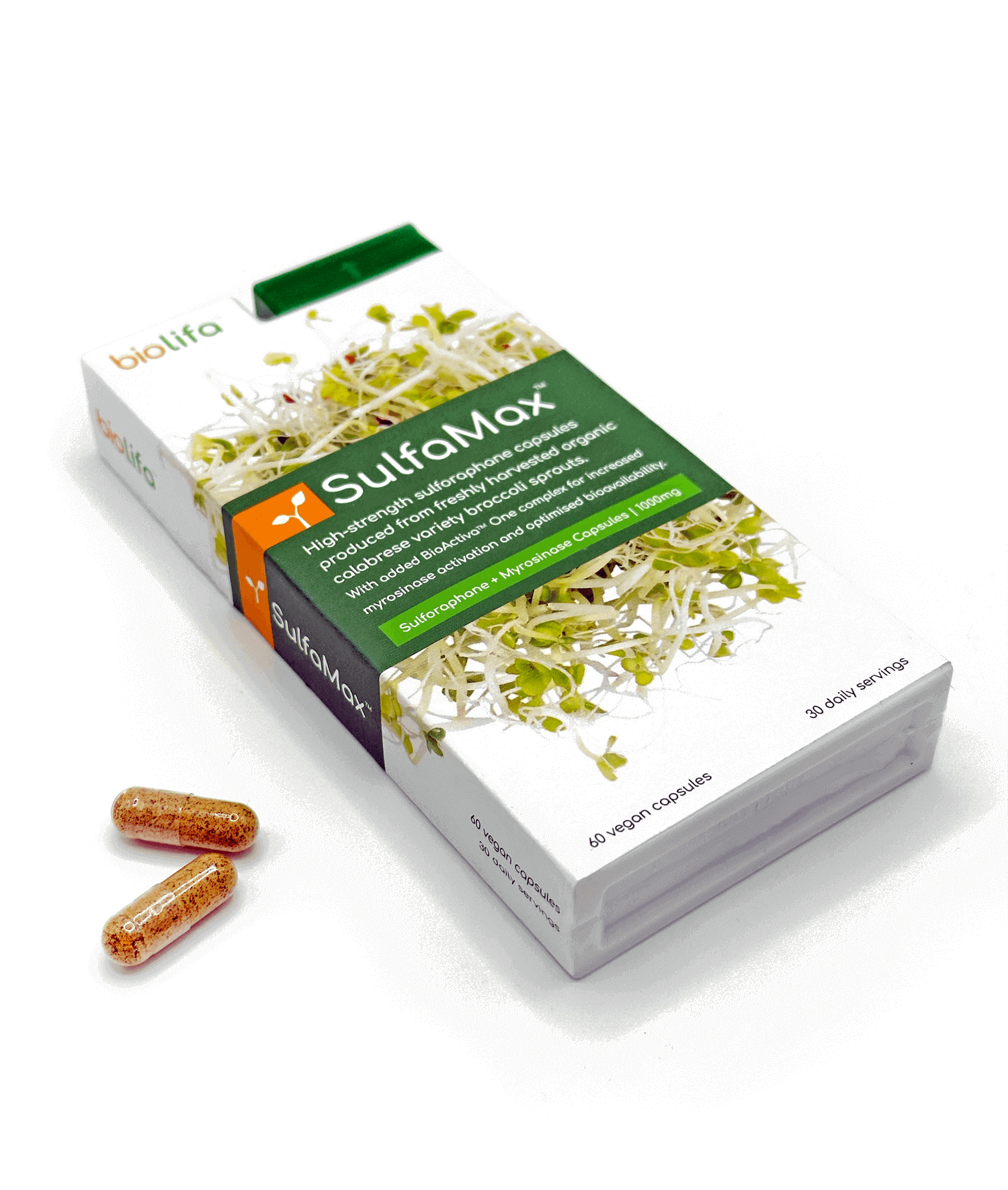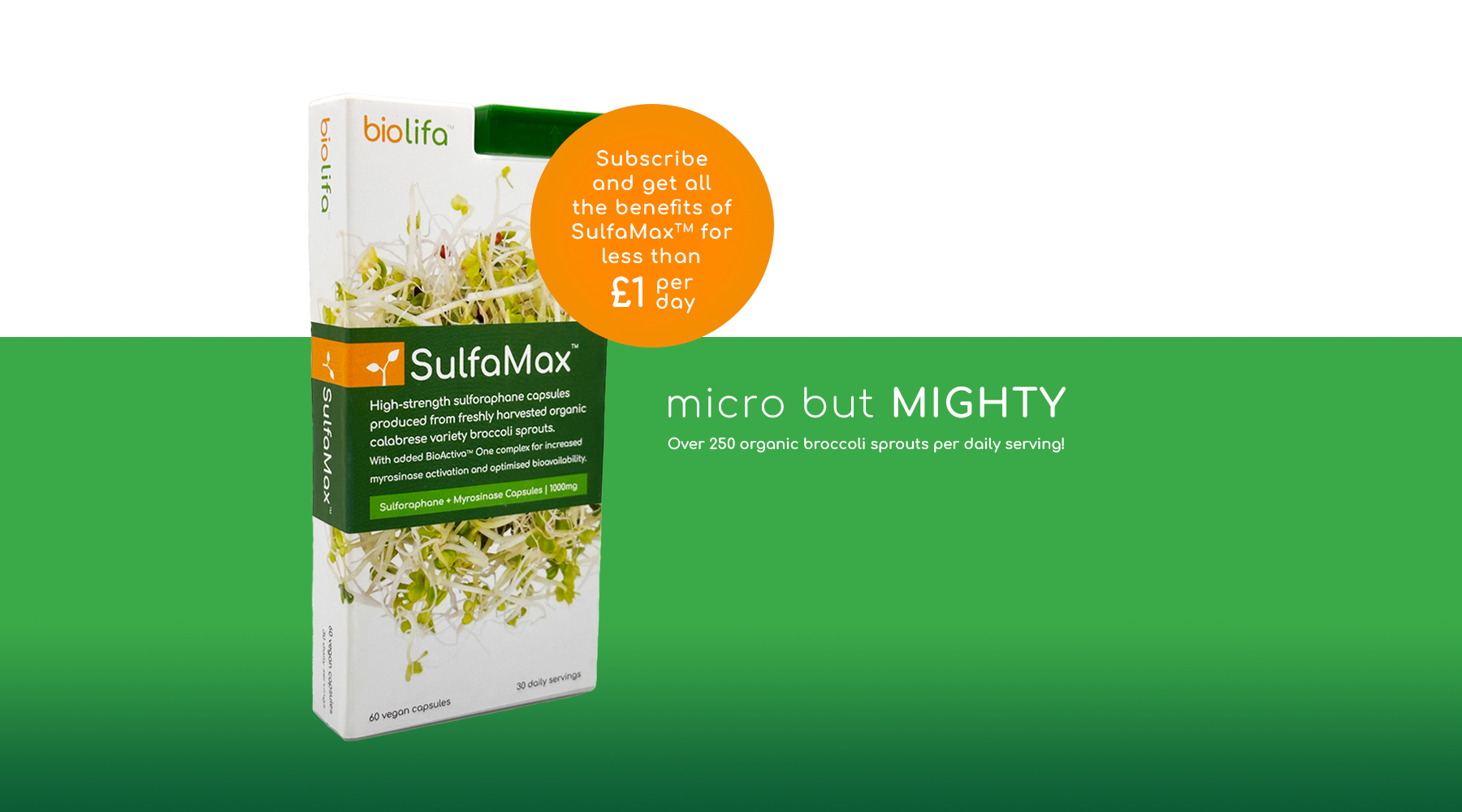Sulforaphane is a compound found in cruciferous vegetables such as broccoli, cauliflower, and Brussels sprouts. Over the years, it has gained attention for its numerous health benefits, including its potential to fight against learning difficulties.
Learning difficulties, also known as learning disabilities, are conditions that affect an individual's ability to process and retain information. These difficulties can affect individuals of all ages and can lead to problems in academic performance, social interactions, and daily activities.
Recent studies have shown that sulforaphane may have the potential to improve cognitive function and fight against learning difficulties. Here are some ways in which sulforaphane can help:
- Reducing Inflammation
Inflammation in the brain has been linked to a wide range of neurological disorders, including learning difficulties. Sulforaphane has anti-inflammatory properties, which means it can help reduce inflammation in the brain.
A study conducted by the University of California, Los Angeles found that sulforaphane reduced inflammation in the brain and improved cognitive function in mice. The study also found that sulforaphane may have the potential to prevent or treat cognitive impairments associated with aging.
- Improving Memory
Sulforaphane has been shown to improve memory in both animals and humans. A study published in the journal Psychopharmacology found that sulforaphane improved memory in healthy human adults. The study also found that sulforaphane increased brain-derived neurotrophic factor (BDNF), a protein that promotes the growth and survival of neurons.
Another study conducted by the University of Illinois found that sulforaphane improved memory and reduced cognitive decline in aging rats. The study also found that sulforaphane increased levels of glutathione, an antioxidant that protects the brain from damage.
- Protecting the Brain
Sulforaphane has been shown to protect the brain from damage caused by oxidative stress. Oxidative stress occurs when there is an imbalance between free radicals and antioxidants in the body. This imbalance can lead to cell damage and is linked to numerous neurological disorders, including learning difficulties.
A study published in the journal Molecular Nutrition and Food Research found that sulforaphane protected the brain from damage caused by oxidative stress in mice. The study also found that sulforaphane improved cognitive function in mice with traumatic brain injury.
- Boosting Brain Function
Sulforaphane has been shown to boost brain function by increasing levels of neurotransmitters, chemicals in the brain that transmit signals between neurons. A study conducted by the University of Tsukuba found that sulforaphane increased levels of dopamine and norepinephrine in the brain, two neurotransmitters that play a role in attention and focus.
Another study conducted by the University of Illinois found that sulforaphane improved cognitive function in rats by increasing levels of acetylcholine, a neurotransmitter that is essential for learning and memory.
- Combating Neurodegenerative Diseases
Neurodegenerative diseases, such as Alzheimer's and Parkinson's, are characterized by the progressive loss of neurons in the brain. Sulforaphane has been shown to combat neurodegenerative diseases by protecting neurons and promoting their survival.
A study published in the Journal of Alzheimer's Disease found that sulforaphane reduced the formation of beta-amyloid plaques, which are associated with Alzheimer's disease. The study also found that sulforaphane improved cognitive function in mice with Alzheimer's disease.
Another study published in the journal Neurochemistry International found that sulforaphane protected dopaminergic neurons in the brain, which are affected by Parkinson's disease. The study also found that sulforaphane reduced inflammation in the brain and improved motor function in mice with Parkinson's disease.
Conclusion
Sulforaphane is a promising compound for fighting against learning difficulties. Its ability to reduce inflammation, improve memory, protect the brain, boost brain function, and combat neurodegenerative diseases makes it a potential therapeutic agent for individuals with learning disabilities.
While further research is needed to fully understand the effects of sulforaphane on learning difficulties, incorporating more cruciferous vegetables into one's diet is a simple way to potentially reap the benefits of this compound. Additionally, sulforaphane supplements are available, but it's important to consult with a healthcare professional before starting any new supplement regimen.
In conclusion, sulforaphane's potential to fight against learning difficulties is an exciting development in the field of cognitive health. By continuing to research this compound and its effects on the brain, we may be able to develop new treatments and strategies to improve cognitive function and quality of life for individuals with learning disabilities.







